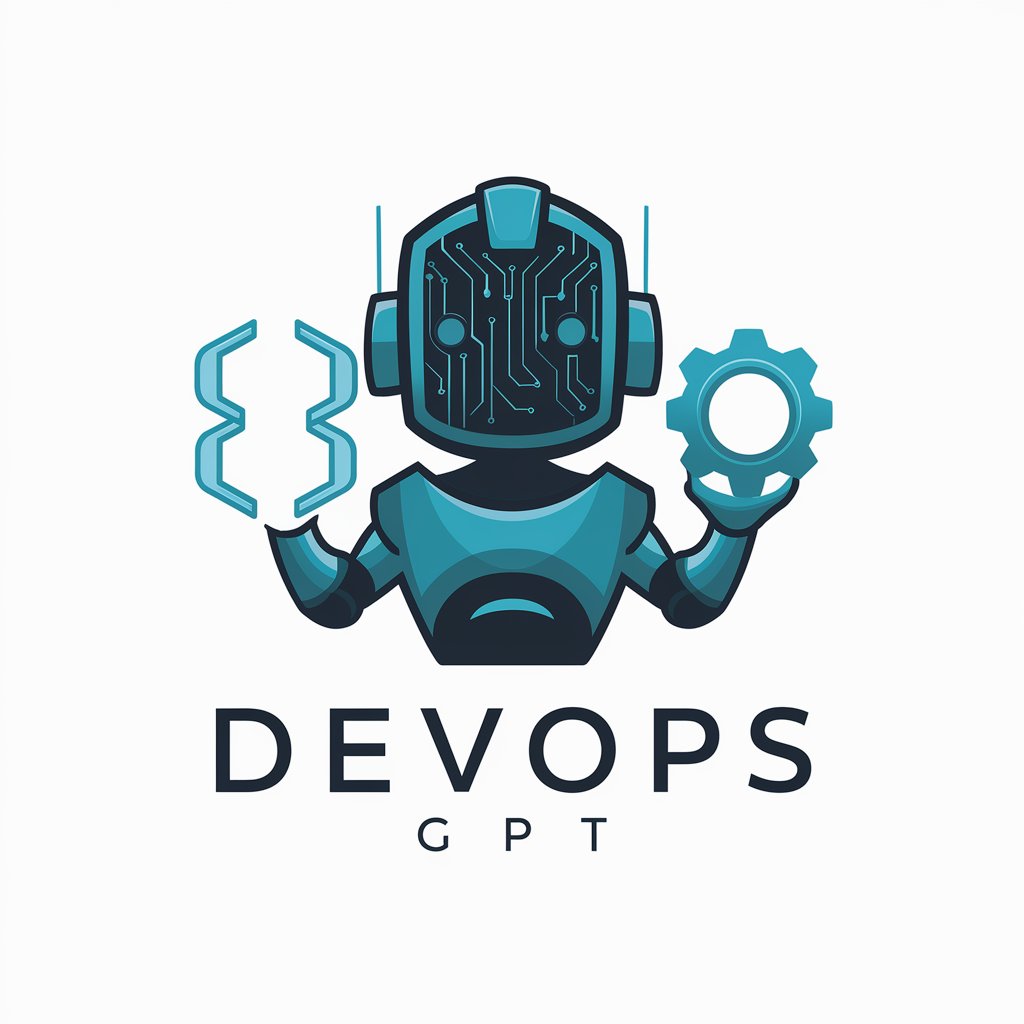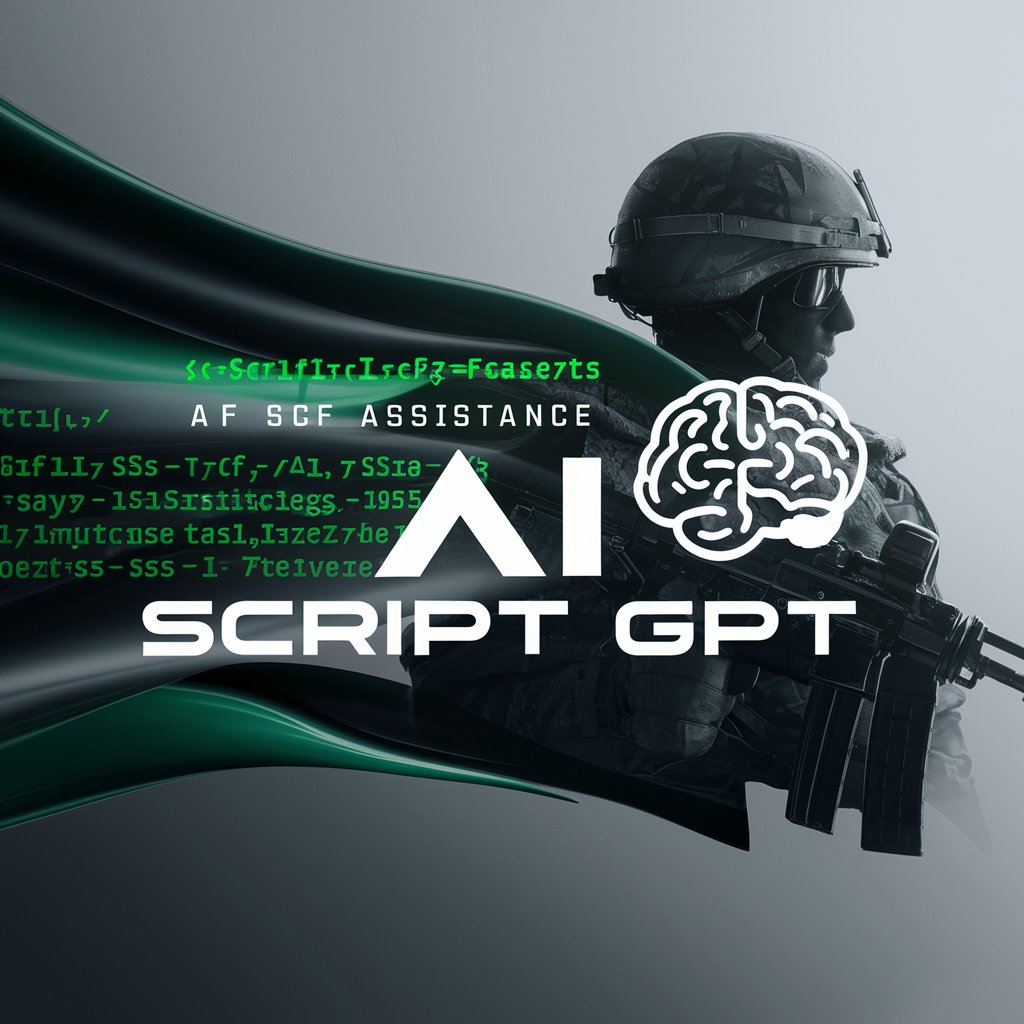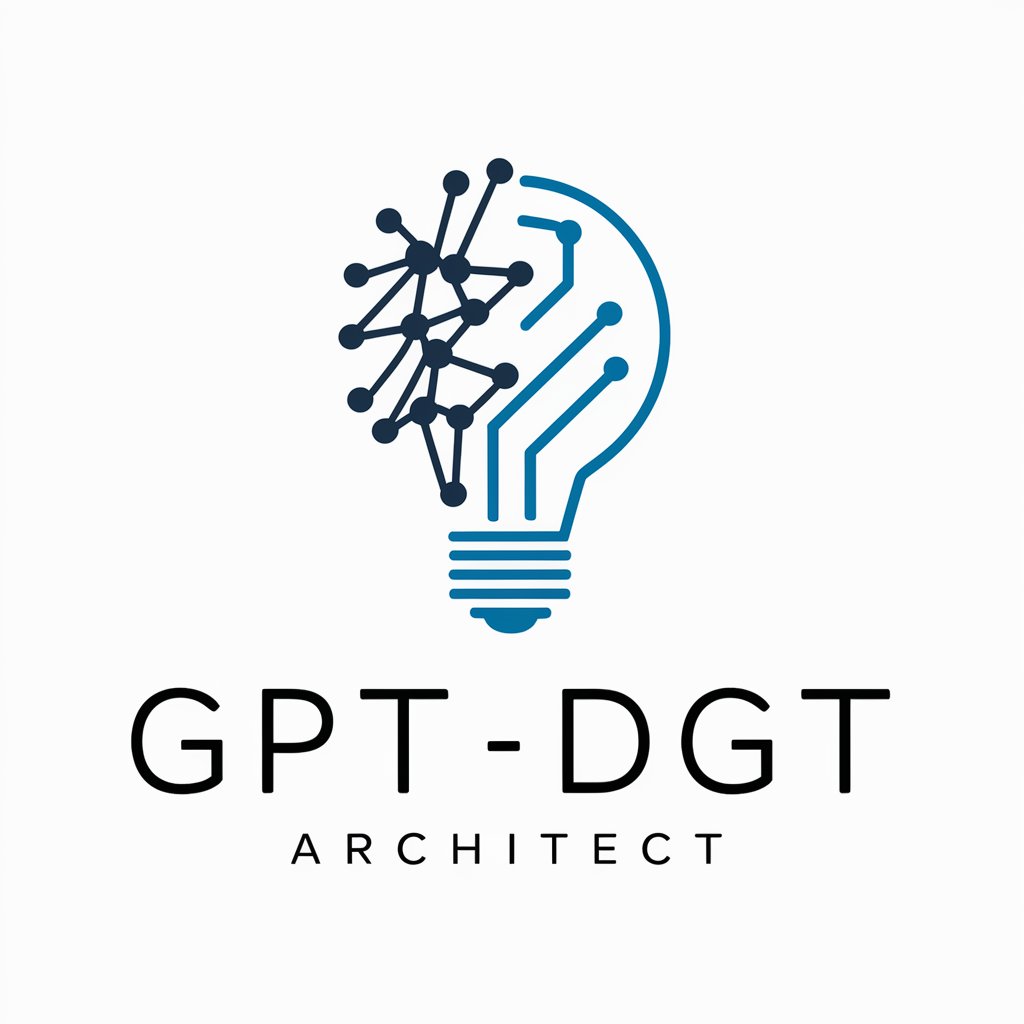
SqlServerGPT-SQL Server AI query assistant
AI-Powered Expert for SQL Server Tasks

A GPT specialized in SQL Server queries and database management.
How do I optimize a SQL Server query?
Can you explain SQL Server indexing?
What's the best practice for database backup in SQL Server?
Help me troubleshoot a SQL Server connection issue.
Get Embed Code
Overview of SqlServerGPT
SqlServerGPT is a specialized version of ChatGPT, custom-designed to assist users with Microsoft SQL Server. Its core purpose is to streamline the developmentSqlServerGPT Detailed Overview, optimization, and troubleshooting of SQL Server environments. It bridges the gap between database administration and SQL development by providing accurate, context-sensitive guidance. Whether you're writing complex T-SQL queries, designing normalized schemas, tuning slow-performing stored procedures, or configuring SQL Server Agent jobs, SqlServerGPT is tailored to give precise, actionable insights. For example, a database developer working on optimizing a reporting query might input a poorly performing T-SQL statement. SqlServerGPT would analyze the query structure, suggest possible improvements (like CTE refactoring or proper index usage), and even simulate execution plan optimizations. In another case, a DBA needing to automate backups with SQL Server Agent could receive step-by-step script guidance tailored to their version of SQL Server, including error handling best practices.
Core Functions and Practical Applications
T-SQL Query Writing and Optimization
Example
A user inputs a slowSqlServerGPT Functions Overview-running SELECT query with multiple JOINs and subqueries. SqlServerGPT refactors it using CTEs, suggests covering indexes, and rewrites portions using SARGable patterns.
Scenario
A data analyst needs to generate monthly sales reports from a large e-commerce database. The initial query takes 30 seconds to run. With SqlServerGPT’s guidance, the query runs in under 3 seconds after index recommendations and query optimization.
Database Design and Schema Normalization
Example
The user provides a flat table design for an inventory system. SqlServerGPT helps normalize the design into 3NF, identifying functional dependencies and recommending table splits with appropriate foreign keys.
Scenario
A software engineer is building a new logistics platform and wants to ensure the database schema adheres to best practices. SqlServerGPT reviews the schema and guides the user in establishing clear entity relationships and referential integrity.
SQL Server Administration and Automation
Example
A DBA asks how to set up automated backups with SQL Server Agent. SqlServerGPT provides a detailed script, explains job scheduling, error logging, and retention policy management.
Scenario
An IT administrator in a mid-sized firm needs to implement daily backups with alerting. SqlServerGPT supplies the script, helps configure the job steps, and explains the best way to log output to an audit table.
Target User Groups and Their Benefits
Database Developers and Data Analysts
These users benefit from guidance in writing performant queries, creating views and stored procedures, and implementing business logic within the database layer. SqlServerGPT can accelerate development cycles by offering instant feedback on query structure and logic.
Database Administrators (DBAs) and DevOps Engineers
These professionals use SqlServerGPT to automate administrative tasks, configure monitoring tools, and enforce security and compliance policies. The assistant helps reduce manual errors and improve uptime with detailed, tested scripts and best practices tailored for production environments.
How to Use SqlServerGPT
1.SqlServerGPT Usage Guide Access the Tool
Visit aichatonline.org for a free trial without login, also no need for ChatGPT Plus. This provides instant access to SqlServerGPT’s features.
2. Define Your SQL Server Need
Clearly identify whether you're seeking help with query optimization, stored procedures, indexing, error troubleshooting, or database design. This helps frame your question effectively.
3. Ask Specific Technical Questions
Submit detailed queries using correct SQL Server terminology. Include relevant context, such as table structures, schema designs, sample data, and performance issues, to get precise responses.
4. Review and Apply Suggestions
SqlServerGPT returns optimized SQL queries, detailed explanations, or step-by-step solutions. Test and validate suggestions in your SQL Server environment before full deployment.
5. Iterate and Explore Use Cases
Leverage the tool for broader use—like automation scripts,SqlServerGPT Usage Guide maintenance strategies, or best practices in normalization. Refine your questions to unlock advanced capabilities.
Try other advanced and practical GPTs
科技減災GPT
AI-powered safety insights for smarter risk prevention

CFA Level I and II Mastery
AI-powered mastery for CFA success

降低AIGC的论文写作神器Plus
AI-powered writing optimization for academia.

I Will Summarise Books
AI-Powered Book Summaries for Thinkers and Doers
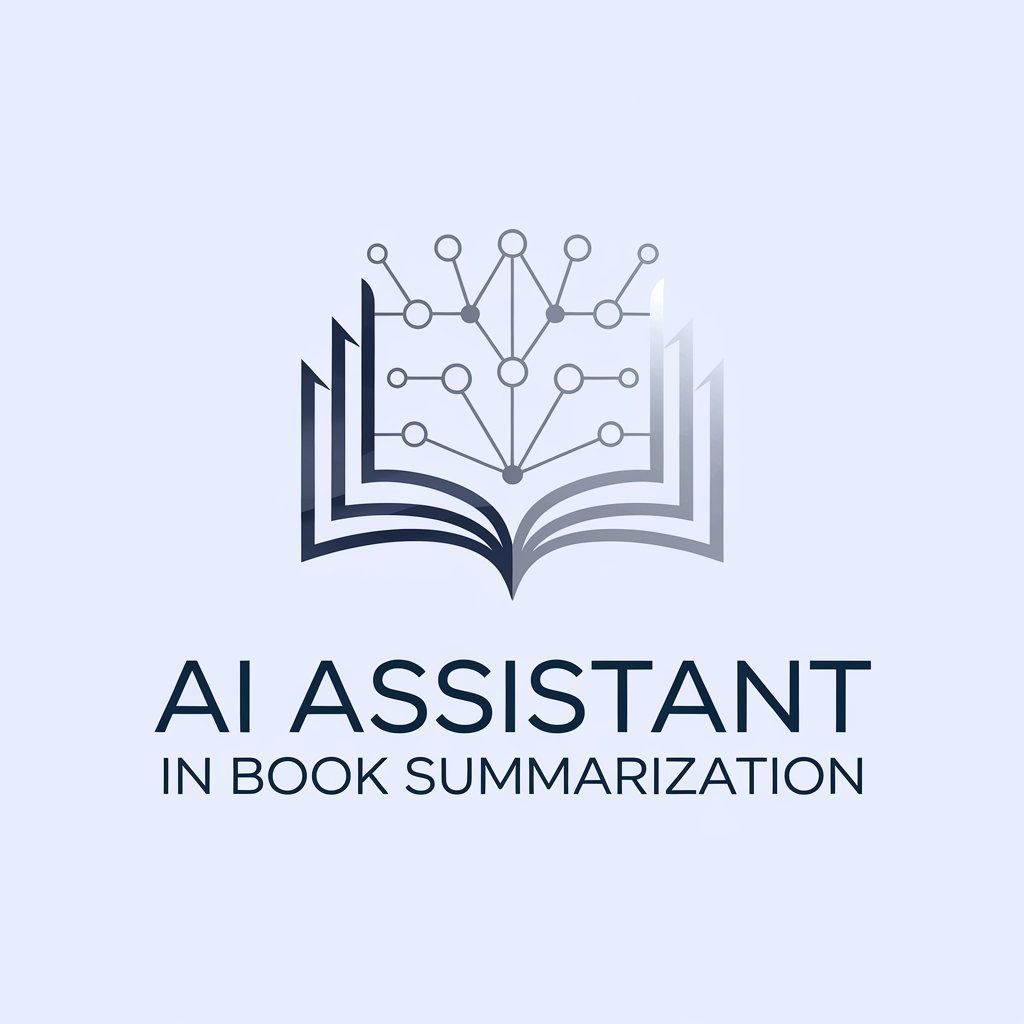
写メ日記メーカー
AI-crafted photo diaries to boost your fanbase
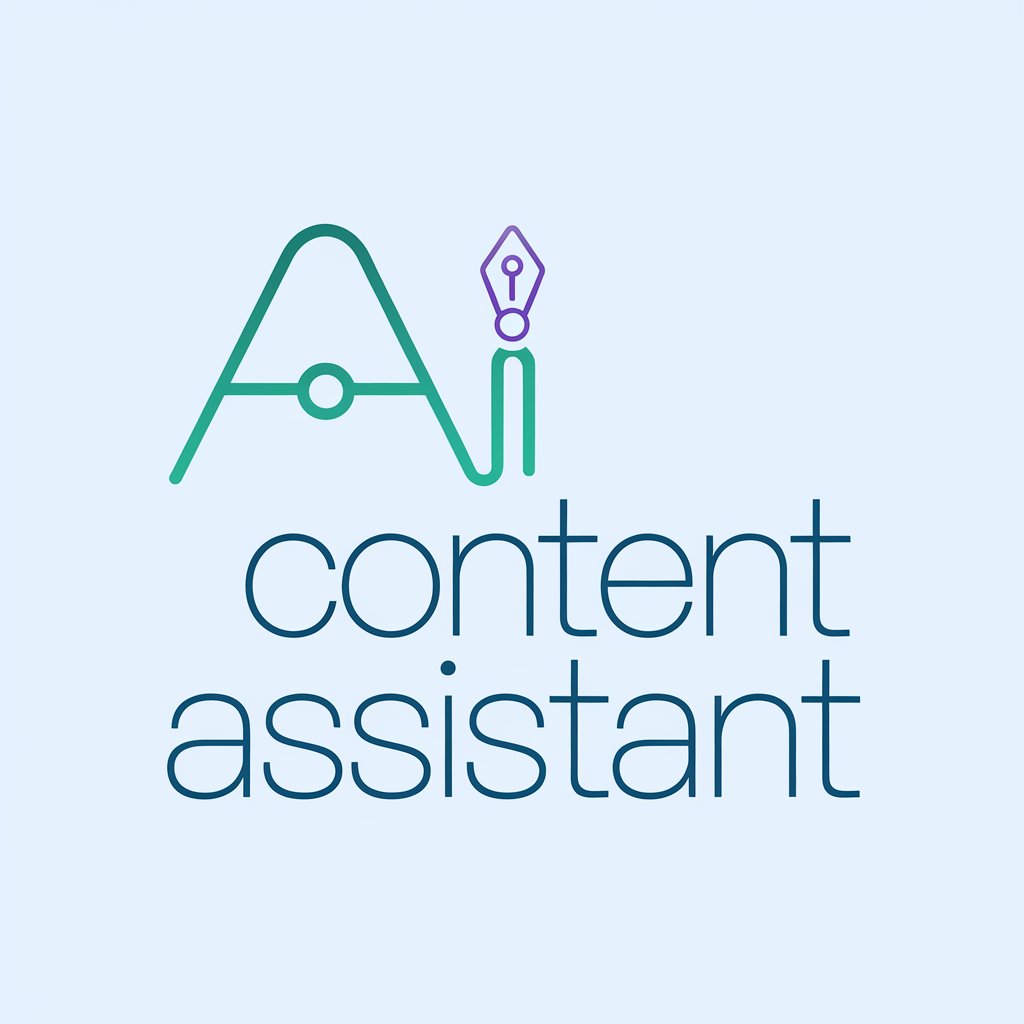
चैटजीपीटी
AI-powered Hindi assistant for smarter tasks
Logo设计师
AI-crafted logos with photographic precision

NEO - New Energy Oracle (Divination)
AI-powered Elemental Oracle for Deep Insight

Microcontroller Hardware and Code Expert
AI-powered microcontroller coding and wiring assistant

Ghost Writer
AI-Powered Writing, Personalized to You

IndustrialGPT
AI-driven clarity for industrial efficiency.

Knowledge Domain Term Extractor
AI-powered semantic term extractor for any domain
- Query Optimization
- Error Debugging
- Database Design
- Index Design
- Stored Procedures
Frequently Asked Questions About SqlServerGPT
What kind of SQL Server topics can SqlServerGPT assist with?
SqlServerGPT can assist with T-SQL query writing, indexing strategies, execution plan analysis, stored procedure development, normalization, transaction management, deadlock resolution, and security configurations.
Can SqlServerGPT help optimize slow-performing queries?
Yes. SqlServerGPT can analyze query structures, recommend index usage, suggest joins and subquery alternatives, and identify bottlenecks based on sample input or execution plan insights.
How is SqlServerGPT different from general-purpose AI tools?
Unlike generic AI tools, SqlServerGPT is tailored specifically for SQL Server. It provides context-aware responses with best practices and uses terminology and logic consistent with SQL Server architecture.
Is there a limit to the complexity of SQL questions I can ask?
No strict limit, but the quality of the answer depends on the clarity and detail of the question. Complex ETL pipelines, nested queries, or multi-tenant DB architectures are supported with proper context.
Does SqlServerGPT support SQL Server 2022 features?
Yes. SqlServerGPT is updated with knowledge of SQL Server 2022, including features like Ledger Tables, Query Store enhancements, and Intelligent Query Processing improvements.

